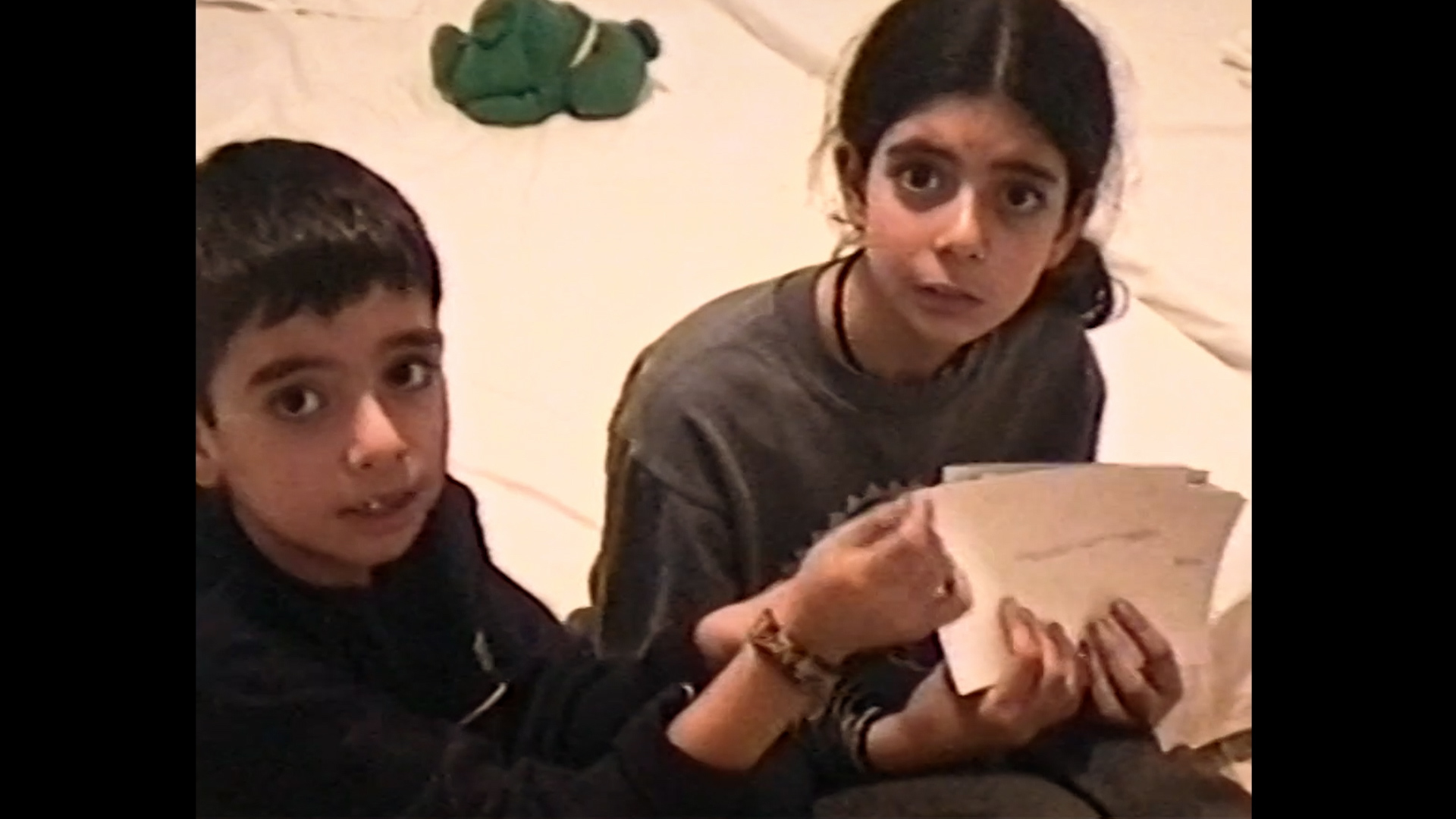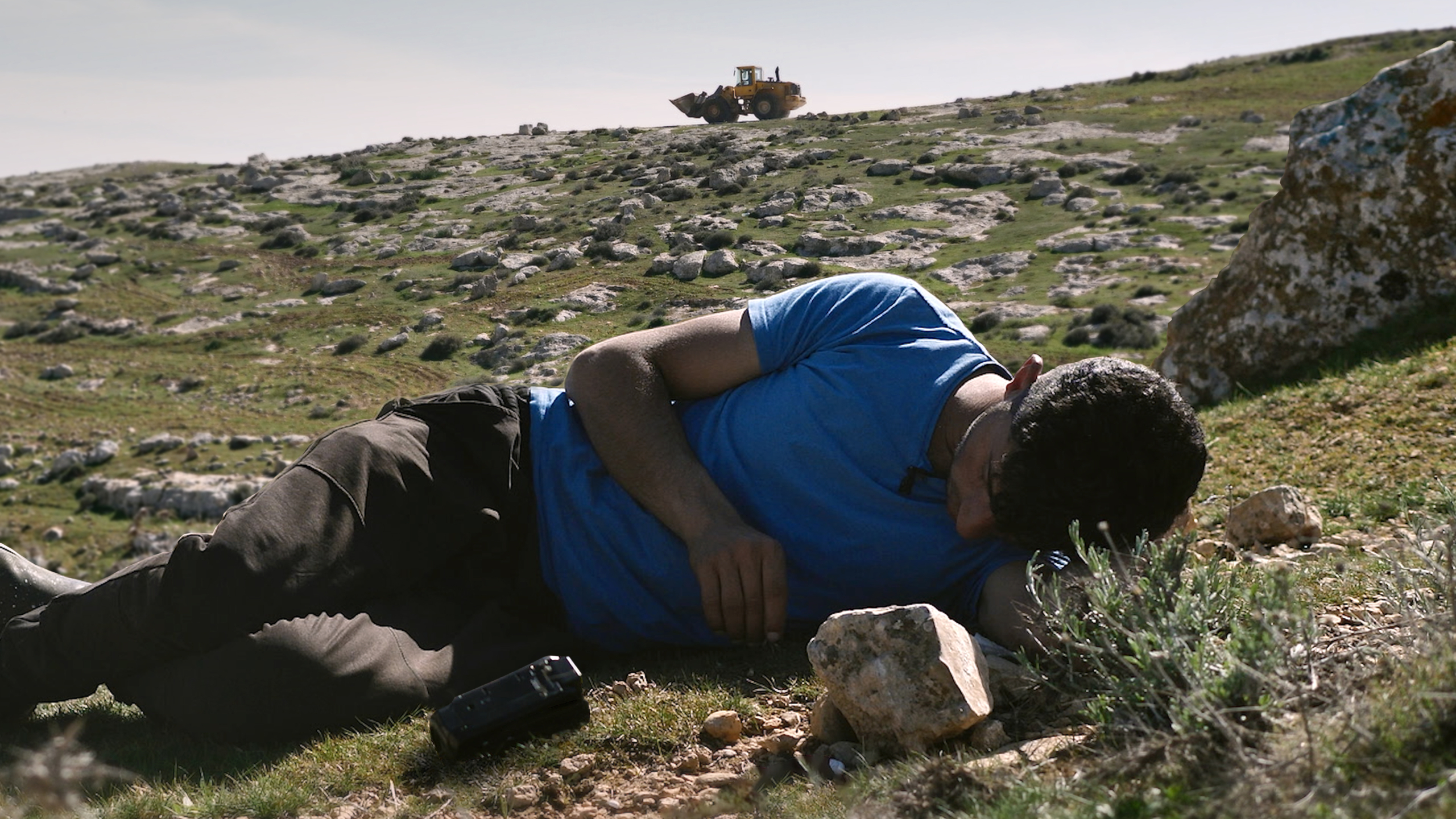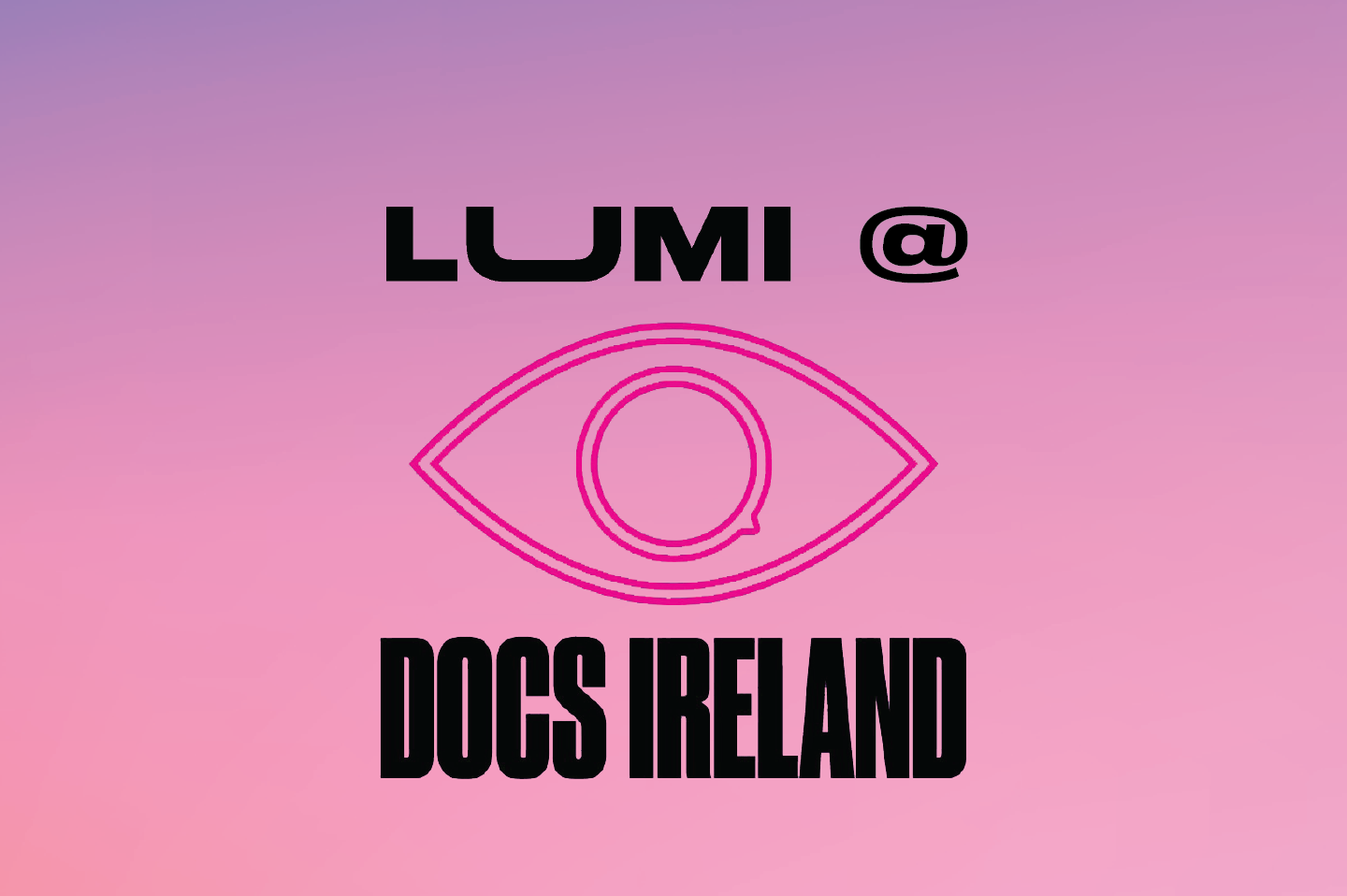By Molly Qualter
This year, Docs Ireland has made a significant decision to focus on Palestinian films, marking a profound commitment to highlighting humanitarian issues through the powerful medium of documentary cinema.
Why Focus on Palestine? – Docs Ireland has featured films from Palestinian filmmakers since thebeginning, but this year marks a significant shift with a dedicated segment. Stuart Sloan shared their main reasons for this decision.
Firstly, Stuart believes in the transformative power of documentaries. ‘Documentaries allow you to witness and empathise with people from all over the world in extraordinary situations. The good ones speak to universal truths about our motivations and feelings’.
Highlighting the Palestinian conflict is a way to foster empathy and understanding, addressing global issues through the festival’s platform. Documentaries in a small way can make the world a better place, they educate us, highlight significant world issues, entertain us and help us empathise with situations we otherwise would’ve known very little about because in Stuart’s words, ‘empathy is the enemy of Fascism’.

As Stuart goes on to say, ‘There’s a historical context of Irish solidarity with Palestine.’ In 1980 Ireland was the first member of the European Union to endorse the establishment of a Palestinian state and as of May this year Ireland formally recognised the state of Palestine as a sovereign and independent state and agreed to establish full diplomatic relations between Dublin and Ramallah.
However while public opinion is significantly Pro-Palestine, there are still calls for the government to cut all political ties with Israel and refer it to the international criminal court and expel Israel’s ambassador.
Stuart recounted his eye-opening visit to Palestine. He described Ramallah’s vibrant nightlife and cultural scene, despite the ongoing challenges. ‘Every conversation was political, and they were fine with that. Where I was in Ramallah, it’s controlled by the Palestinian Authority, so there are no Israeli agents on the streets, though there are still checkpoints around.’ The long standing partnership between Docs Ireland and Film Lab Palestine, supported by the British Council, has allowed for meaningful exchanges and collaborations, strengthening ties between Irish and Palestinian filmmakers and programmers.
One of the standout films this year is No Other Land, up for the prestigious Maysles Award. Named after Albert Maysles, a pioneer of observational cinema, this award celebrates the best in this documentary style. Stuart highlighted the evolving nature of observational cinema, emphasising the significance of allowing the audience to experience the filmmaking process without manipulation. No Other Land and other notable documentaries like Union and Hollywood Gate exemplify this style, offering unprecedented access and powerful narratives.

A Comprehensive Portrayal of Palestine – The Palestinian films at Docs Ireland aim to create a comprehensive portrayal of the region, its people, and their dreams. The trailer for Between Two Crossings poignantly mentions that ‘Gaza is full of dreams’. Stuart remarks that these selection of films extend this understanding. From his experience in Ramallah he noted that there was no accessible cinema in Ramallah and if people wanted to go to the cinema they had to have aspecial visa. This extenuates the power that lies in the act of these films being made and highlights how much we take our own cultural life for granted every day.
Here are the Palestinian films being showcased at Docs Ireland, each accompanied by discussions,Q&As, and fundraising efforts for medical aid in Palestine. Docs Ireland have asked all thePalestinians filmmakers to speak before the screenings to allow them to share their own stories.
1. Three Promises & Between Two Crossings – Directed by Yousef Srouji. Showing on June 19th at 7 pm at The Avenue. This film will screen as a double bill with “Between Two Crossings” by Yaser Murtaja & Rushdi Al-Saraj, including a pre-recorded introduction by the filmmakers.
2. Here and Elsewhere, Then and Now – A seminar by Dr. Des O Rawe on June 30th at the QFT, exploring the European filmmakers’ attempts to address Palestinian issues in the late 60s and 70s, featuring works by Godard.
3. Restricted – Directed by Rawan Mazzawi. Screening on June 20th at the QFT. This will be preceded by, The Cities I Live In, a film by Palestinian filmmaker, Rabie Mustapha, which won the Docs Ireland short competition last year.
4. No Other Land – Directed by Yuval Abraham, Basel Dara, and Hamadan Ballel. this film will close the festival. Made by Palestinian and Israeli filmmakers, this documentary shows the destruction of the West Bank by Israeli authorities and the unlikely friendship that blossoms between a Palestinian activist and an Israeli journalist. This film is also in the running for the Maysles award.
These films offer a diverse and poignant insight into Palestinian life, culture, and struggles, providing audiences with a deeper understanding and fostering empathy through powerful storytelling.
Check out what’s coming up with LUMI here
